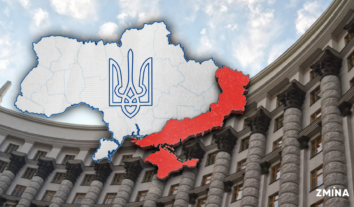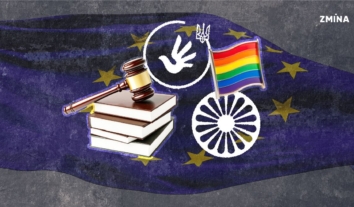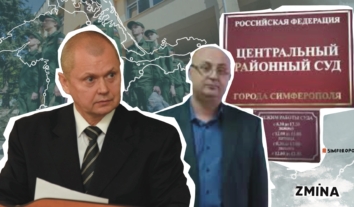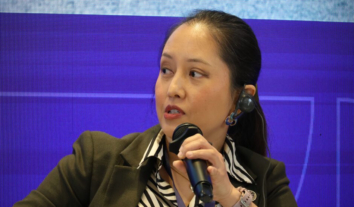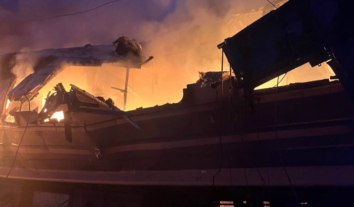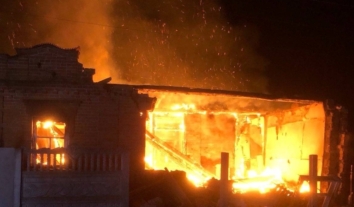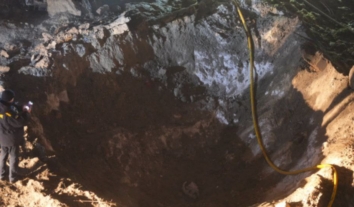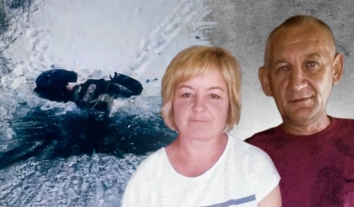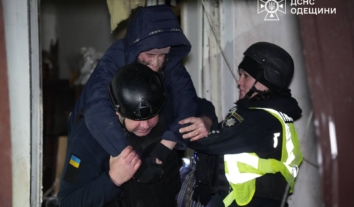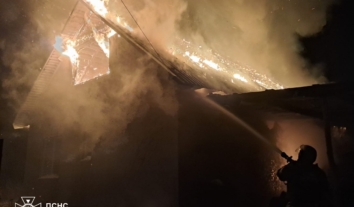Liusia. “I don’t like term ‘IDPs’”
Amidst current warfare, Ukraine is estimated at various levels – political, economic, level of involvement of Russia, the European Union or the United States in it, level of consequences it bears for our country and neighboring countries. However, a person is often forgotten in the political games…
The Human Rights Information Centre starts a series of articles “My place”. These are short stories of people, who have lost their homes because of the conflict in eastern Ukraine and Crimea, and those, who have lent a helping hand in difficult time.
The authors of the articles are Kira Kreyderman and Ulyana Ustinova. “The central figures of our articles give the opportunity to hear not only the voice of those who moved, but of those who stayed there – relatives, friends, close circle. This is our spoken history, which is not about the dates, locations and events. It’s about the people …” the authors explain.
All these stories are presented at the same-name exhibition “My Place”, organized by the Educational Centre “Space of Tolerance” and the Congress of National Communities, supported by the Royal Netherlands Embassy. The exhibition’s design and the photos are made by Dannaya Verstak, some photos were taken from the family archives.
Look for a new story on our website every Thursday.
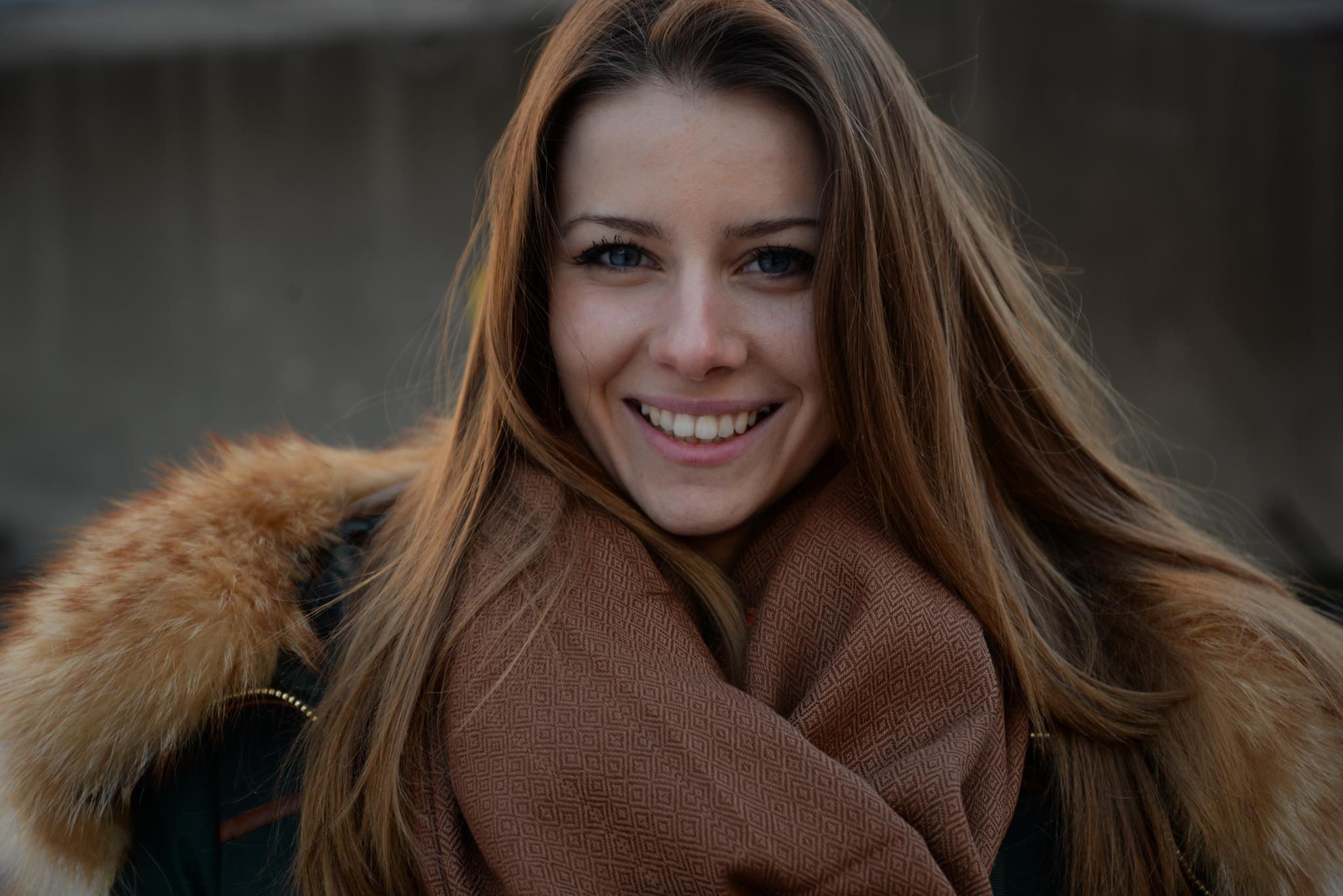
Story 1. Liusia. “I don’t like term ‘IDPs’”
I am linked with Donetsk. I have its map in my mind. I close my eyes and recall all the routes I was walking along. I have something to remember about every kiosk, not just monuments are significant to me. I could see how Donetsk changed every week. It especially changed on the eve of Euro 2012. It seemed to me that we became kind of European, the new center of Ukraine, a sort of # “New Donetsk.” I was so proud of Euro 2012, of being paid so much attention to and of hosting this championship so decently.

Over the past five years, I # travelled much along Ukraine. I visited Lviv, Uzhgorod, Zakarpattia region, Odesa. I saw different corners of our country, so the statements like “the junta and Bandera followers are there” sounded absurd to me. What kind of “Bandera followers”? People, have you seen something apart from Donetsk?
To be a patriot in Ukraine and # to be a patriot in Donetsk are two different things, here you are in the minority. Many of my fellow students were sure that Donetsk fed the entire Ukraine, this thought was suggested. I don’t know whether they had a look at the official statistics for all cash infusions into Donetsk. It was strange to see what was happening in the city in front of me. I lived in the center and I could pass near the seized administration every day. I wished my expression wouldn’t display my disgust with that. I was alone and felt abandoned.
Our last dialogue in VKontakte social network (it was May and nobody moved away yet) was titled # “You can postpone a war but never jazz.” We went to listen to jazz, when the administration was seized, the radio was seized. We went to listen to jazz and build our plans, thinking where we would go.

While I was studying in Mariupol, I cherished plans to realize my potential in the big city. However, it’s one thing when you go to the capital and know that you have home where you can go back every moment, and another thing is when you are forced to move. My story is not unique, many have experienced the same. I went to meet with my mother in Greece in summer. I saw my apartment for the last time in late June – I packed the things, said goodbye to my cat, and flew to my mother. When I came back to Donetsk six weeks later, the airspace was blocked # and my plane could not fly to the middle of the Dnieper, we were sent to Kyiv.
I remember how many good things people did for us # in the first month of our life in Kyiv. We stayed in one apartment for one week, in the other – for the other week. When you find yourself in such desperate situations, you can better take another’s pain. And I’ve realized that I have a mattress if someone ever asks me to stay in my apartment. Such feeling has appeared.
My grandmother stayed in Starobeshevo, my aunt is now in Komsomolsk, in the “DPR”-controlled territory. When my aunt calls me, while I’m going up along the cable-railway and admiring Kyiv, she says that she has cooked soup and nothing more and she doesn’t know whether she will receive the next salary. And I realize that I cannot help her in any way. I can’t transfer or sent money to her as she lives in the occupied territory. I can tell her, “Don’t give up!” and look at the amazing lights of Kyiv. It gripes my soul. I am thin-skinned about such calls from outside. Life here goes on. I and my sister have moved away, we start something new, it is definitely much better here. # It’s a conscious choice to be here, not there.
When I go to work from Troyeshchyna district across the Moscow bridge, I always look at the Dnieper. I love walking along the St. Andrew’s descent. I even like a pond behind my house. I walk Lorrie there. Lorrie is # a dachshund, the only native-born Kyiv resident in our family, she appeared when we already lived in Kyiv. Many people ask us whether we’ve brought our dog from Donetsk. “Are you crazy? You’ve just moved and have adopted a dog at once.” For me it is much easier to survive when you have a creature that loves you. It’s like an alien, it feels us and brings us together, it’s a near and dear creature. And when you feel responsibility for someone dear, it links you to your house very much.

I was # diligently winning the love of social services office, I really wanted love and recognition. But visiting social services office means endless queues, which kill faith in humanity, faith in what is happening. I remember how I was issued the certificate, I wanted even to celebrate this, but what I actually had to celebrate, the certificate of being a displaced person? People have to be patient in such places, because they smell hopelessness and despair. It’s a kind of bog, which sucks into.
# I don’t like the term “IDPs”, it seems to me that when one is called a displaced person, it’s like a stamp, defected goods. I think it will be easier for the displaced persons if they are not called so, at least in everyday life, not in the official documents, making no distinction between “us” and “them.”
Now I would like to # to develop and take roots in this place. I don’t want to move somewhere else, to flee abroad or to some other city. I want to stay now here, in this place, I want to get used to it. I have even fixed new book shelves.



